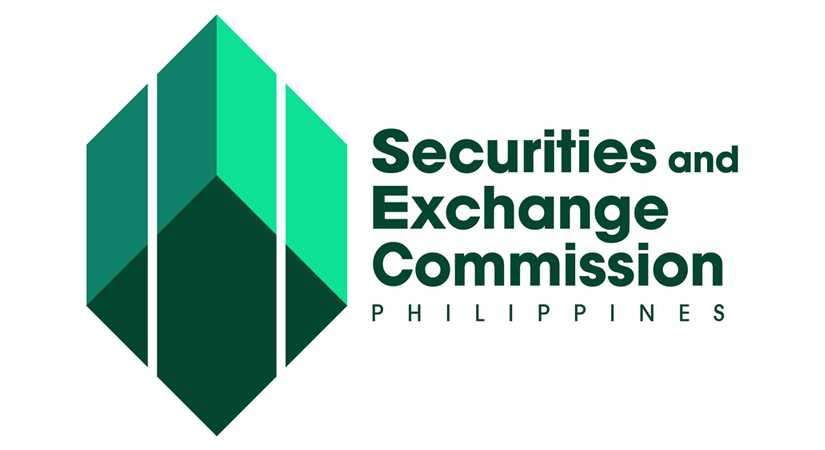
By Denise A. Valdez, Senior Reporter
THE Securities and Exchange Commission (SEC) wants to be more proactive in tracking money laundering and terrorist financing by rating the effectiveness of firms in preventing such activities.
On Sept. 24, the regulator issued Memorandum Circular No. 26, which calls for the implementation of an anti-money laundering risk rating system.
The SEC will be rating persons and firms using four tiers (weak, needs improvement, satisfactory and strong) to gauge their risk management system in combating money laundering.
It will be based on the efficient oversight of a firm’s board of directors and senior management, its anti-money laundering policies and internal control and audit, and the effective implementation of these policies.
The SEC is also looking at the risk profiles of firms to find any residual risks. The profile is based on the size of a firm’s assets or transactions, the complexity and diversity of its products, the profile of its customers, how often it engages in international transactions, its distribution channels, and its compliance record with relevant rules by the SEC.
“[T]o be able to focus supervisory resources where the risks are higher, there is a need to identify, assess, and understand the money laundering/terrorist financing risks to which the sectors of covered persons supervised by the commission are exposed,” the SEC said.
The covered persons are banks, non-banks, quasi-banks, trusts, insurance companies, securities dealers, mutual funds, foreign exchanges and similar entities.
These institutions are required to do a money laundering risk assessment by the Anti-Money Laundering Act, which was legislated in 2001 and implemented by the Anti-Money Laundering Council.
What the SEC will do is evaluate their risk management system using the four tiers, and depending on the rating, enforce actions to mitigate the risks.
A firm rated as satisfactory or strong will not need intervention. A firm rated as weak or needs improvement will be ordered to submit a written action plan to the SEC and be continuously monitored and audited.
If after the process the SEC finds that a firm has failed in its risk management, it may penalize the firm with a P5,000-P2 million fine per day of violation, a permanent cease-and-desist order, revocation of its certificate of incorporation, and/or dissolution of the corporation and forfeiture of its assets.
The memorandum circular will take effect 15 days after its publication on the SEC website and in two national newspapers.
In May, the Anti-Money Laundering Council warned that remittances may drop 2-4% if money laundering and terrorist financing controls are not strengthened in the country, as this would push international banks to be more cautious in transactions with Filipinos.
Both the Senate and the House of Representatives have measures to amend and fortify the Anti-Money Laundering Act–Senate Bill 1412 and House Bill 6174–but both remain pending on the committee level.
